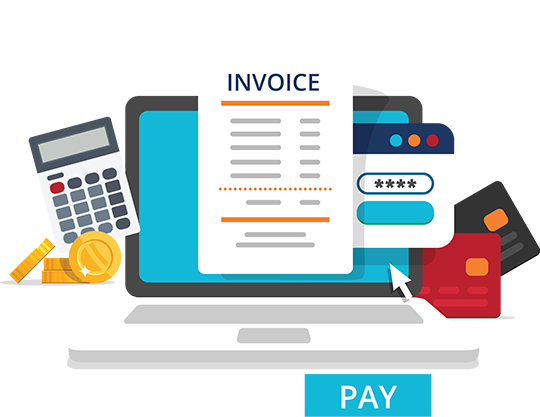Egypt makes huge efforts to accelerate digital transformation and achieve its national vision for 2030.
National financial institutions have already adopted a series of regulations to digitize financial transactions, opening the door for electronic invoicing, also known as e-Invoicing.
E -Invoicing is a processing system that transforms a manual and paper-based invoicing process into a faster electronic version of data, which keeps records between the trading parties, the issuer and the receiver.
The Finance Ministry adopted a multi-phased plan to enforce the e-Invoicing system in November 2020. The fifth phase of the plan started a month ago.
Head of the Egyptian Tax Authority, Reda Abdel Kader, said a few days ago that some 31,000 companies have already registered in the electronic invoice system.
Over 6,700 companies, he said, have uploaded their electronic documents to subscribe in the system so far.
Abdel Kader noted that a total of 109 million electronic invoices were sent to the system.
He pointed out that the e-Invoicing system receives over 650,000 invoices per day.
“We expect this number to reach a million invoices every day by the end of March this year,” Abdel Kader said.
The head of the Tax Authority added that all companies operating in Egypt would be committed to the e-Invoicing system before the end of this year.
The system, he added, has achieved good results, thanks to continual follow-up by the Finance Ministry.
Electronic invoices contribute to developing the tax system and raising the efficiency of tax examination, which enables the state to fulfill its financial and economic targets.
Integrating the informal economy into the formal one tops the government’s financial priorities.
E-Invoicing is also believed to contribute to achieving tax justice.
“E-Invoicing will help the business community to enjoy various benefits,” Minister of Finance Mohamed Maeet said.
He added that these benefits include the easing of tax examination procedures for companies, the reduction of fraud, and keeping the records safe.
The minister noted that e-Invoicing also enhances the verification of the validity of billing data for all parties before issuance, eases administrative burdens, reduces the cost of transactions, and gradually dispenses with archiving paper invoices.
“It also facilitates tax refunding procedures,” he said.
Businesses are advised to join the e-Invoicing system to be able to win deals with ministries, economic institutions, public sector companies, and all state agencies.
Exporters also need to know that they will not receive the subsidies provided by the government before they join the system as of July 1, 2022.






Discussion about this post